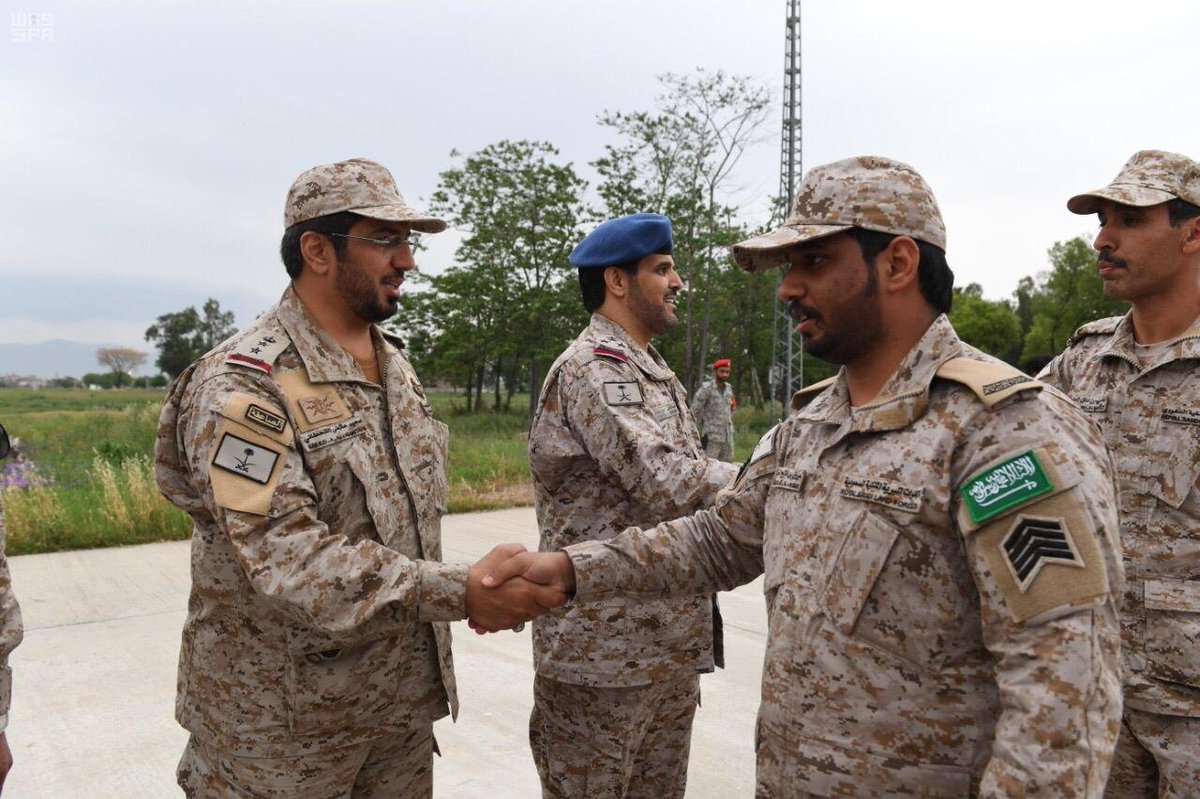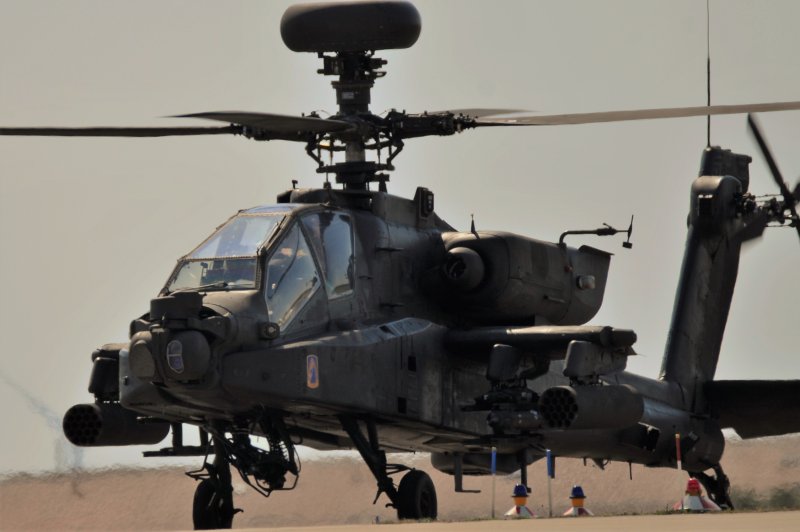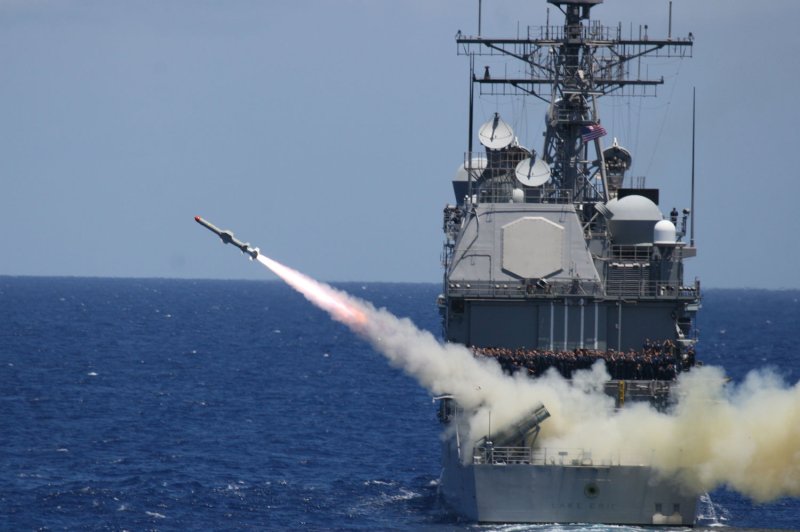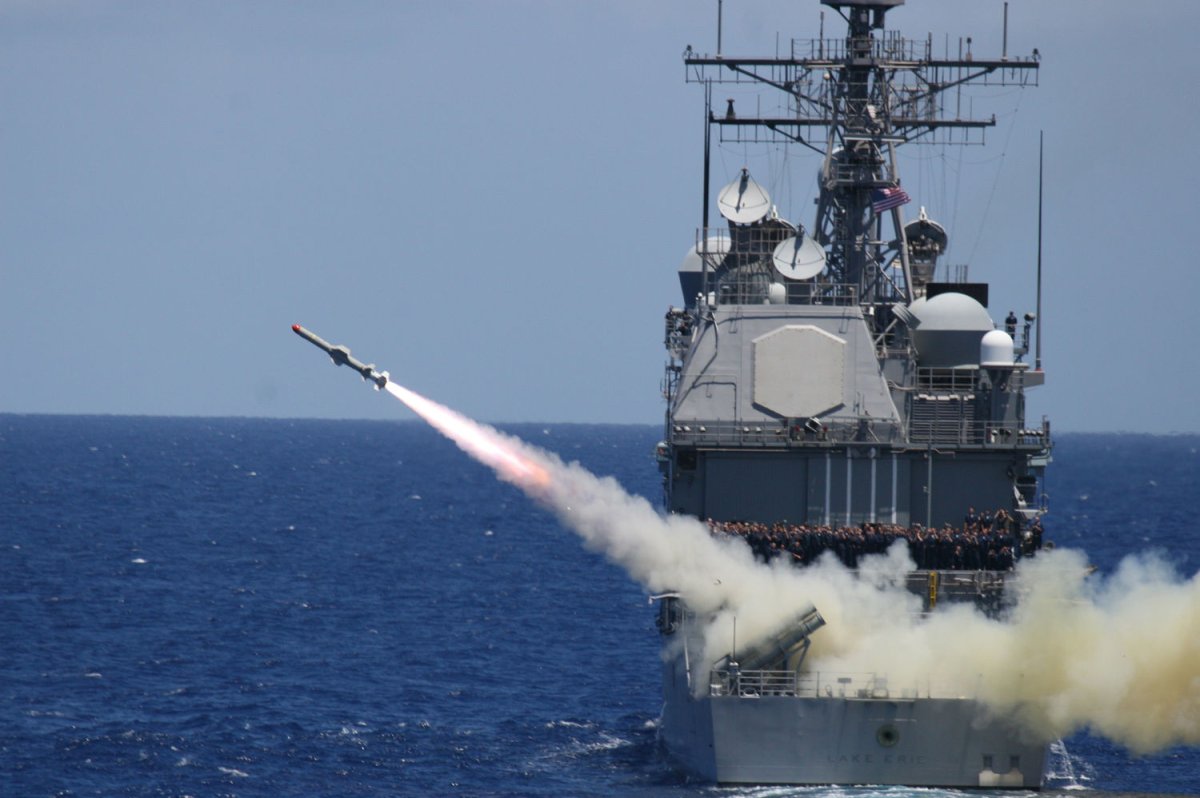Saudi Arabia, Pakistan launch joint military exercise ‘Kaseh 2’
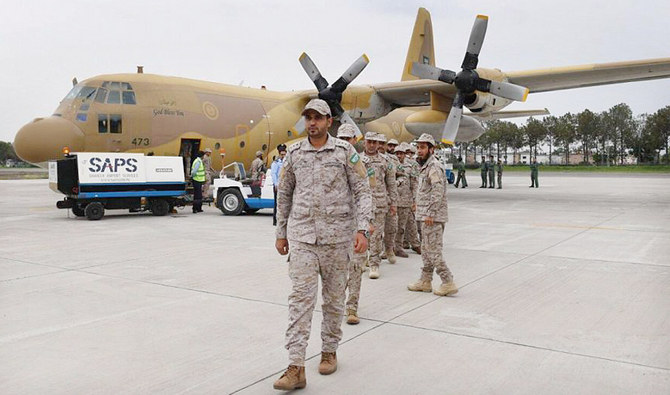
The Royal Saudi Land Forces arrive in Risalpur. (SPA)
April 18, 2019
RISALPUR, Pakistan: A joint military exercise involving the armed forces of Saudi Arabia and Pakistan on Wednesday got underway.
The Royal Saudi Land Forces and the Pakistan Armed Forces conducted drills at the Military College of Engineering in the northern Pakistani city of Risalpur, Khyber Pakhtunkhwa.
The “Kaseh 2” maneuvers follow on from a similar training exercise “Kaseh 1” held in the Kingdom’s Tabuk region.
Maj. Gen. Muhammad Ajmal Iqbal, director general of the Pakistan Armed Forces’ department of engineering, welcomed the Kingdom’s participation and noted the strong bond between the two countries which he said had further been cemented by the recent visit of Saudi Crown Prince Mohammed bin Salman to Pakistan.
Iqbal added that he looked forward to more such joint military exercises in the future.
Col. Saeed bin Ayed Al-Qahtani, commander of the Engineers Battalion 7th Brigade, thanked the Pakistanis for their hospitality during the Saudi Army’s stay in Pakistan.
The Saudi military chief said the exercise aimed to improve the combat capabilities of both countries while allowing for the exchange of military expertise between engineering units.
“Everyone seeks to make this exercise a success and use every opportunity to achieve the aspirations of the military leaderships,” Al-Qahtani added.
Last year, the “Kaseh 1” exercise was carried out to enhance the efficiency of engineers in unconventional warfare on both sides and to unify the concepts and fighting operations that come within the framework of the friendly relations and military cooperation between the Saudi forces and the Pakistani army.
Saudi Arabia, Pakistan launch joint military exercise ‘Kaseh 2’

The Royal Saudi Land Forces arrive in Risalpur. (SPA)
April 18, 2019
RISALPUR, Pakistan: A joint military exercise involving the armed forces of Saudi Arabia and Pakistan on Wednesday got underway.
The Royal Saudi Land Forces and the Pakistan Armed Forces conducted drills at the Military College of Engineering in the northern Pakistani city of Risalpur, Khyber Pakhtunkhwa.
The “Kaseh 2” maneuvers follow on from a similar training exercise “Kaseh 1” held in the Kingdom’s Tabuk region.
Maj. Gen. Muhammad Ajmal Iqbal, director general of the Pakistan Armed Forces’ department of engineering, welcomed the Kingdom’s participation and noted the strong bond between the two countries which he said had further been cemented by the recent visit of Saudi Crown Prince Mohammed bin Salman to Pakistan.
Iqbal added that he looked forward to more such joint military exercises in the future.
Col. Saeed bin Ayed Al-Qahtani, commander of the Engineers Battalion 7th Brigade, thanked the Pakistanis for their hospitality during the Saudi Army’s stay in Pakistan.
The Saudi military chief said the exercise aimed to improve the combat capabilities of both countries while allowing for the exchange of military expertise between engineering units.
“Everyone seeks to make this exercise a success and use every opportunity to achieve the aspirations of the military leaderships,” Al-Qahtani added.
Last year, the “Kaseh 1” exercise was carried out to enhance the efficiency of engineers in unconventional warfare on both sides and to unify the concepts and fighting operations that come within the framework of the friendly relations and military cooperation between the Saudi forces and the Pakistani army.
Saudi Arabia, Pakistan launch joint military exercise ‘Kaseh 2’

